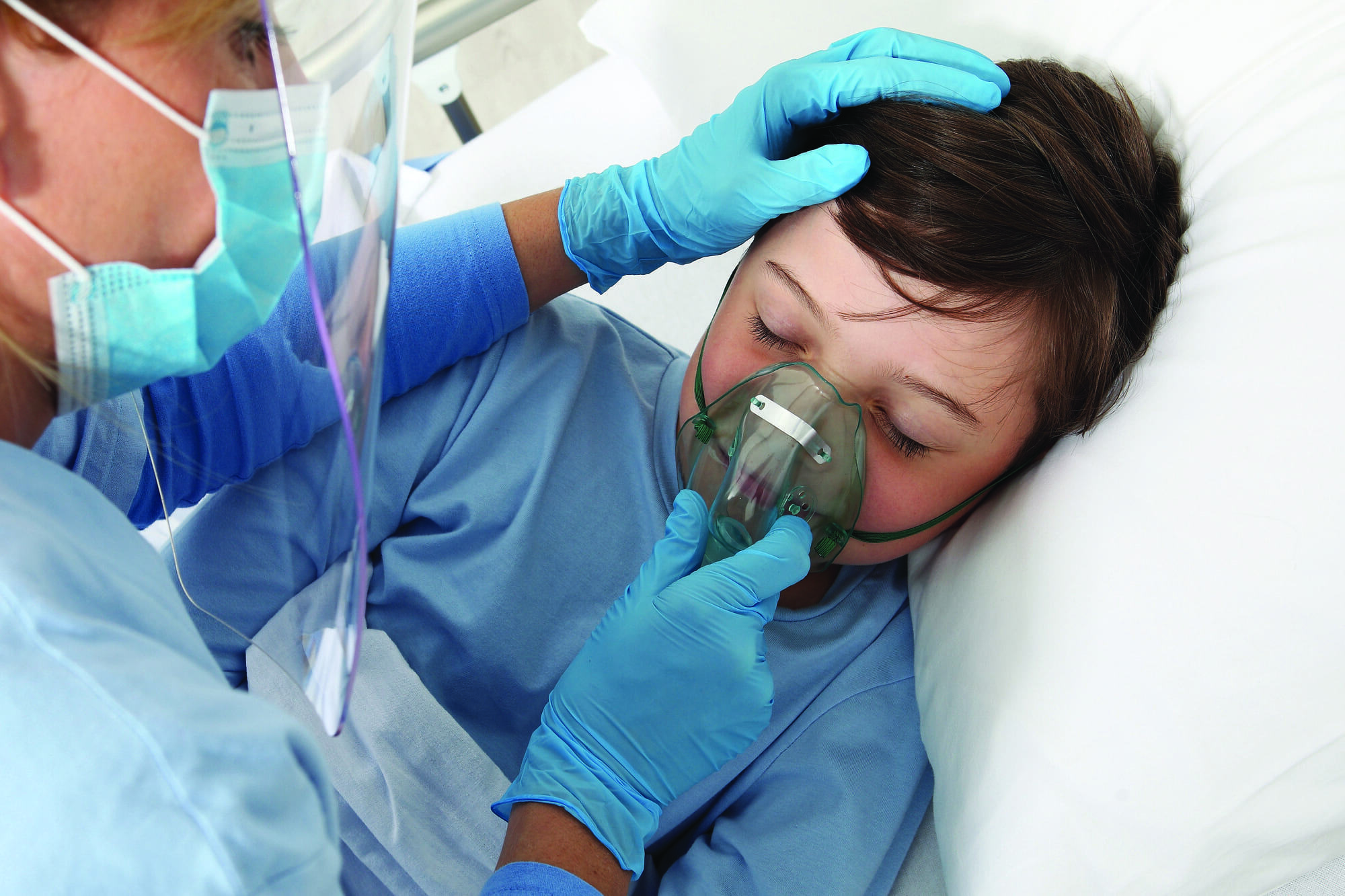Ensuring Medication Safety for Pediatric Patients in Resource-Limited Settings ,study finds
- byDoctor News Daily Team
- 16 September, 2025
- 0 Comments
- 0 Mins

Medication errors and adverse drug events pose a significant risk for pediatric patients undergoing anesthesia, especially in lower middle-income countries (LMICs) where healthcare systems face resource constraints. A recent study examined the frequency and types of medication errors reported over a 20-year period in the anesthesia department of a tertiary care teaching hospital in an LMIC setting. The researchers reviewed 2,249 critical incident reports filed between 2001 and 2020 for pediatric patients (age 18 or younger) receiving anesthesia care. Of these, 196 incidents involved medication errors. The most common medication classes implicated were neuromuscular blockers (22.5%), opioids (20%), sedatives/hypnotics (15.3%), and antibiotics (13.3%). The majority of medication errors occurred during the administration phase (45%) and the preparation phase (41%). The most frequent types of administration errors were repetition (35%), incorrect dosing (33%), and medication substitution (23%). About one-third of administration errors resulted in harm to the patient, with 15 incidents classified as "serious", 11 as "significant", and 1 as "life-threatening". Notably, 92% of the medication errors involved human factors, with the most common contributors being lack of mandatory checks, poor judgment, and knowledge gaps (48%), as well as deviations from standard practice (29%). Other human factors implicated included stress (12.2%) and poor communication (10.5%). The researchers highlight several important lessons and strategies to improve medication safety in this setting: 1. Implement standardized processes for medication preparation, labeling, and administration, including one-at-a-time preparation and clear syringe labeling. 2. Develop written medication plans for each pediatric patient to be available in the operating room. 3. Provide regular training and workshops on pediatric medication safety for all anesthesia providers. 4. Strengthen the critical incident reporting system to enable continuous quality improvement efforts. 5. Adopt low-cost solutions like "closed-loop communication" and standardization of oral instructions to address communication-related errors. While the overall rate of adverse drug events was relatively low in this study, the researchers emphasize that even a small number of serious or life-threatening events can have devastating consequences for pediatric patients. Implementing a multifaceted approach to enhance medication safety is crucial, especially in resource-limited LMIC settings where healthcare systems face unique challenges. Continuous quality improvement efforts and shared learnings can help drive progress in this critical area of patient safety. Reference – Shemila Abbasi et al. (2025). Medication Errors And Adverse Drug Events In Peri-Operative Pediatric Anesthetic Care Over Twenty Years: A Retrospective Observational Study. *BMC Anesthesiology*, 25. https://doi.org/10.1186/s12871-025-03109-8.
Disclaimer: This website is designed for healthcare professionals and serves solely for informational purposes.
The content provided should not be interpreted as medical advice, diagnosis, treatment recommendations, prescriptions, or endorsements of specific medical practices. It is not a replacement for professional medical consultation or the expertise of a licensed healthcare provider.
Given the ever-evolving nature of medical science, we strive to keep our information accurate and up to date. However, we do not guarantee the completeness or accuracy of the content.
If you come across any inconsistencies, please reach out to us at
admin@doctornewsdaily.com.
We do not support or endorse medical opinions, treatments, or recommendations that contradict the advice of qualified healthcare professionals.
By using this website, you agree to our
Terms of Use,
Privacy Policy, and
Advertisement Policy.
For further details, please review our
Full Disclaimer.
Recent News
Eli Lilly plans to build new USD 3 billion facilit...
- 04 November, 2025
Rajkot Maternity Hospital CCTV Leak: How a simple...
- 04 November, 2025
Gland Pharma profit rises 12 percent to Rs 184 cro...
- 04 November, 2025
AIIMS Delhi doctors told to use Hindi in prescript...
- 04 November, 2025
Daily Newsletter
Get all the top stories from Blogs to keep track.


0 Comments
Post a comment
No comments yet. Be the first to comment!